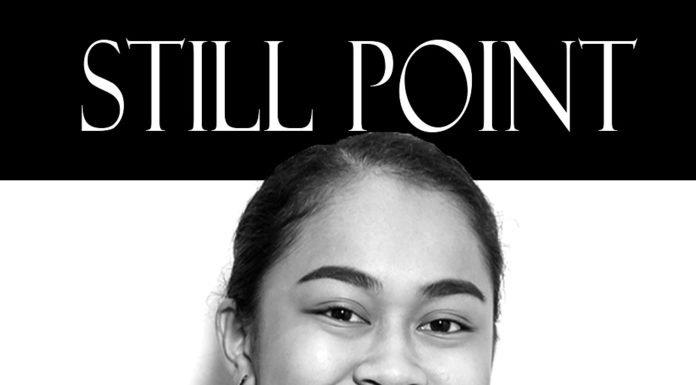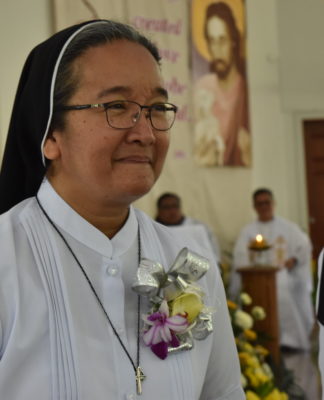 WHEN calcium is not enough, joints begin to shiver.
WHEN calcium is not enough, joints begin to shiver.
Back in my elementary days, my mother used to ask me during breakfast to drink milk, instead of coffee or chocolate. She was so strict that even if my brother had Ovaltine on the table, she would put a cup of liquid in front of me and when I look at it, it’s pure white.
It was understandable for a mother to take care of a son who was often teased by his classmates for being lampa back then. Sometimes, this scenario gets me thinking. What if the opposite happened, and I am the one taking care of my mother when she becomes a member of the exclusive club of “senior citizens?” Milk, after all, is not only for babies, it is also for the aging.
Last month, I was shocked to learn that one of my “terror” professors in college had been given a “much-deserved rest” by the UST administration. A quarter of the 63 “extendees”—or those professors teaching beyond the retirement age of 65—had been dropped from the University faculty before the start of the school year. One of them was Professor Josefina Gonzales, the maestra of the Faculty of Arts and Letters.
Though it may be a great loss, I agree with the decision of the Academic Senate to give them a break. Thankfully for those taking up Spanish this semester, the Department of Languages managed to find competent substitutes for the University to continue its Spanish tradition.
Generally, UST has an “old” faculty profile. This may be good for students who think that “experience is the best teacher.” For all we know, these professors do transmit a little bit of their experience to students when they teach. It’s good, but I think it should not stop there. Professors themselves have something to learn from their students, and the times they live in. Remember, as the years unfold, experience becomes limited.
That is why I have been a staunch supporter of Fr. Rolando de la Rosa, O.P.’s main advocacy. The Rector has been promoting research in the University, urging faculty members to do research aside from merely “transmitting knowledge” to their students. Unfortunately, time constraints and workload seem to put research at the background for most Thomasian professors.
In an article in the Varsitarian last June 30, an expert said research entails time. Given that, UST should hire more faculty members not only to accommodate its ballooning student population, but also realize its dream of becoming a research-based university.
In the meantime, the University should work with the team it has. More than time and money, (the University allocates an estimated P80 million a year for research), the will to actually do research is equally important.
Juggling my time as a son, student, and campus journalist may be incomparable to how a professor handles his or her schedule for a day, but I am certain of one thing: if I can find time to work on my thesis outside class in between my tight schedule, why can’t professors do the same for research?
It is sad to think that UST has been losing professors due to age, but it is more unfortunate to know that despite having enough professors, the University is suffering from “failing joints”—meaning its main workforce, the faculty members, have been losing the calcium of additional knowledge that hinders them from adapting to the changing times, and to function at full capacity. Let us not wait until the body suffers osteoporosis.















